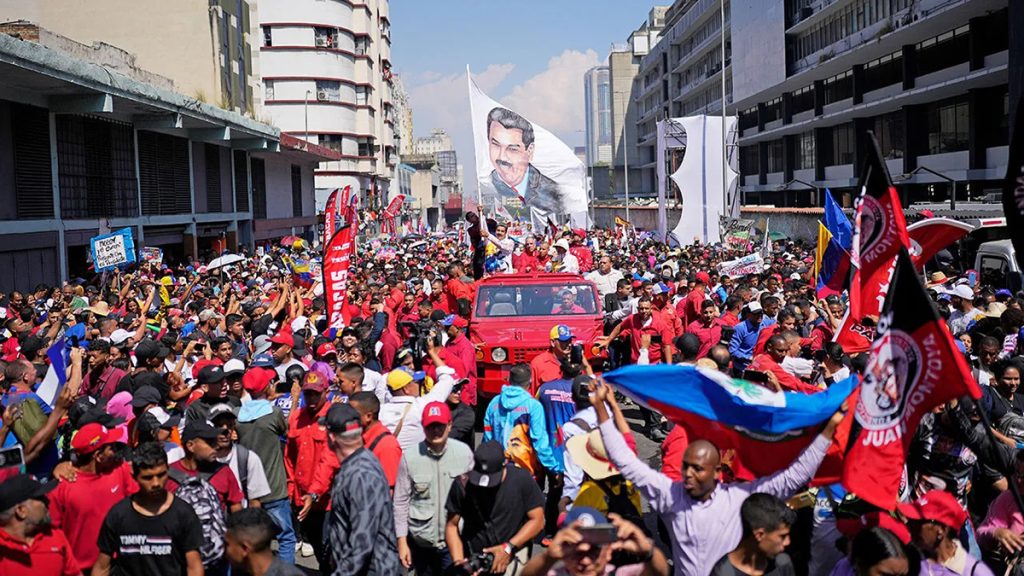On November 13, 2024, Mauritius held a critical parliamentary election amid a deepening cost of living crisis that has dominated political discourse in the island nation. The election, which comes after months of rising public dissatisfaction, saw Mauritians head to the polls to elect 62 members of Parliament. Economic hardship, exacerbated by inflation, soaring food prices, and a struggling currency, took center stage in the campaign, shaping party platforms and voter sentiment alike.
Mauritius, a nation known for its stability, tourism industry, and diversified economy, has faced increasing challenges in recent years. The global economic downturn, along with local issues such as high fuel costs and disruptions to global supply chains, have placed immense strain on the Mauritian economy. Inflation, particularly in food and energy sectors, has pushed many families to the brink, resulting in widespread protests and demonstrations throughout the year. Rising utility bills and stagnant wages have sparked anger across both urban and rural areas, with many citizens questioning the government’s ability to effectively manage the economic crisis.
In this election, opposition parties, particularly the Labour Party and the Mauritian Militant Movement (MMM), strongly focused their campaigns on addressing the cost of living. They promised to roll back price hikes, implement social welfare programs to support the vulnerable, and increase subsidies for essential goods. Key proposals included making housing more affordable, improving access to healthcare, and introducing policies to tackle unemployment, particularly among youth. The opposition parties argued that the incumbent government, led by Prime Minister Pravind Jugnauth and his ruling party, the Militant Socialist Movement (MSM), had failed to protect ordinary Mauritians from the brunt of the crisis.
The ruling MSM, however, defended its record by emphasizing economic recovery measures and the importance of long-term investment. They pointed to infrastructure projects, such as new roads, energy plants, and the development of the blue economy, which seeks to tap into Mauritius’ maritime resources. Jugnauth’s government also claimed to have kept inflation relatively low compared to other African nations and argued that Mauritius’ economic diversification efforts would eventually bear fruit.
However, despite these assurances, the government struggled to convince voters that it could effectively tackle the immediate hardships many were facing. As the election results came in, it became clear that the issue of cost of living had been a defining factor in shaping voter preferences, with many expressing a desire for change.
The aftermath of the election will likely see a new government grappling with the same economic challenges, and voters will be watching closely to see whether elected leaders can find meaningful solutions to ease the growing burden of daily living costs. The 2024 parliamentary elections have reaffirmed that, for many Mauritians, the fight for economic relief is not just a political issue—it’s a matter of survival.
